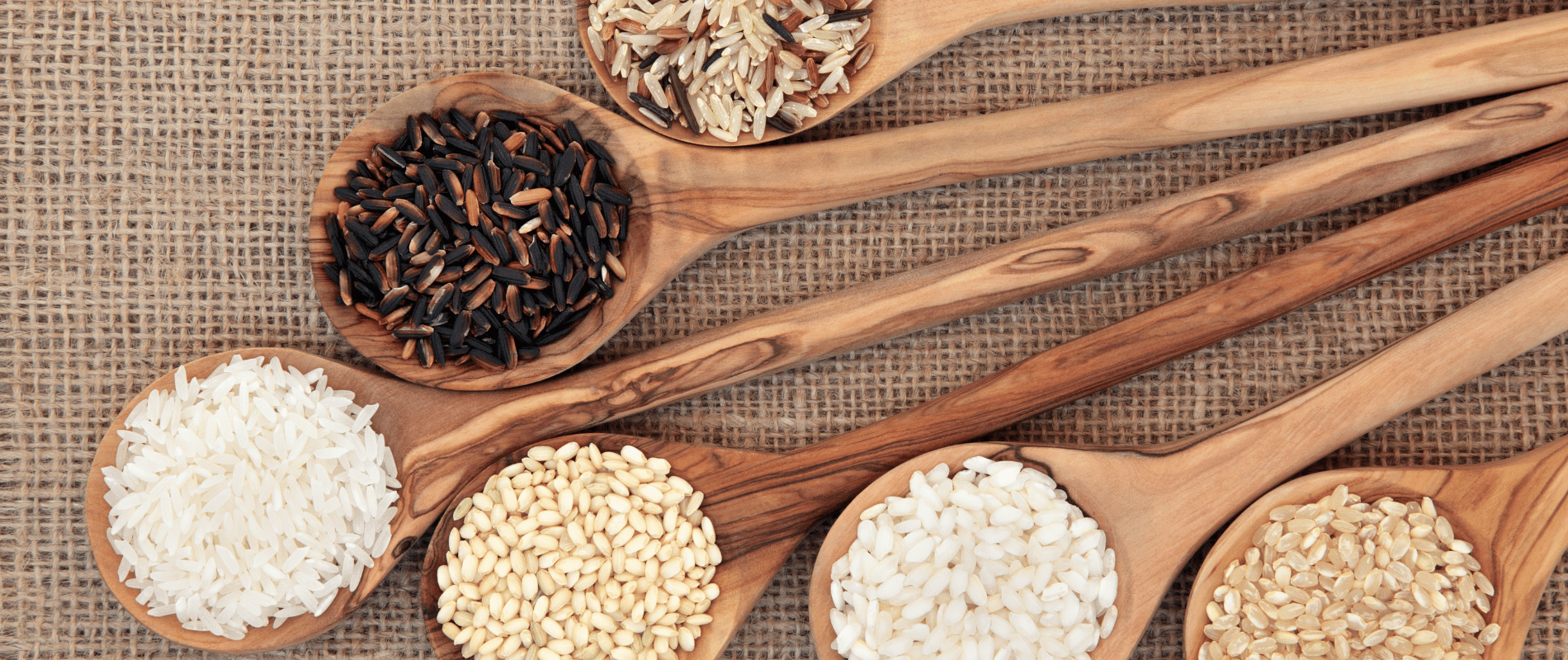Recent sharp increases in the price of certain fresh fruit and vegetables have focused community attention on the sustainability and resilience of Australia’s food production systems. While Australia is one of the most food secure countries in the world [ABARES], if we are to continue to feed a growing global population we need to substantially improve crop productivity and resilience. Research referenced in the National Mission for Future Crop and Community Resilience forecasts an annual crop yield growth of 2.4 per cent is required to meet the demands of a growing global population. By contrast, the current projected annual growth in Australian major crop supply is just 0.4 per cent.
But ANU plant scientists CEAT Champion Professor Bob Furbank and Professor Justin Borevitz say there is hope, with scientific innovations helping to ensure we can produce enough nutritious food sustainably to support our burgeoning global population. Speaking at a webinar earlier this month, Professor Furbank said scientists are using modern biotechnologies to produce high yield crop varieties that can be grown sustainably.
In the case of rice, for which we need to increase crop yields by 50 per cent in the next 20 years, a combination of digital crop breeding and synthetic biology is being used to create more efficient plants. Scientists are using artificial intelligence to screen different varieties of rice to determine those with the best photosynthetic traits and then breeding for better genetics. By using synthetic biology and gene synthesis as part of this process, scientists can put five genes into a rice crop in one year, a process which previously took six years.
As well as more efficient crop varieties, Professor Borevitz spoke about using precision agriculture to manage land in the best way we can for the environment we have. He said agriculture could be part of the solution to the challenges created by climate change. This will require optimising land use and agronomy, protecting biodiversity, and building soils that can enhance food production.
He highlighted the importance of using regenerative agriculture principles to build soils and restore ecosystems that are on the margins. This approach will need to employ new technologies, including measurement tools and soil moisture sensors, as well as managing nutrients with special and temporal precision.
As our global food supply is threatened by the challenges posed by an increasing population, climate change and geo-political issues, the uptake of more innovative technologies and practices can enable us to continue putting food on the table. To learn more about the future of sustainable food production and the important research being conducted at the ANU watch the full webinar here.
